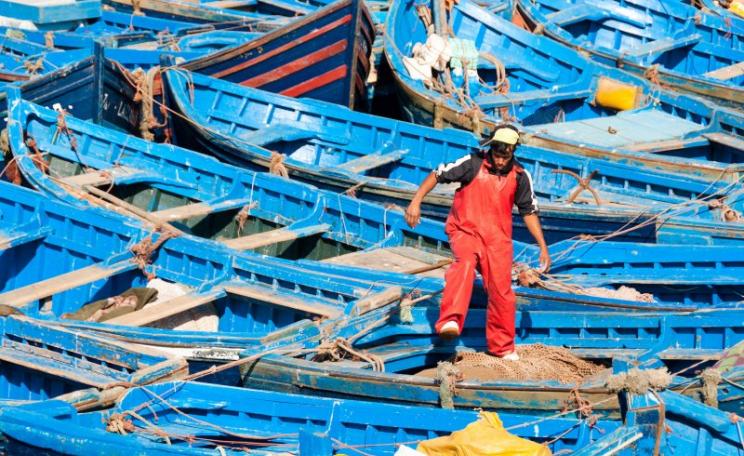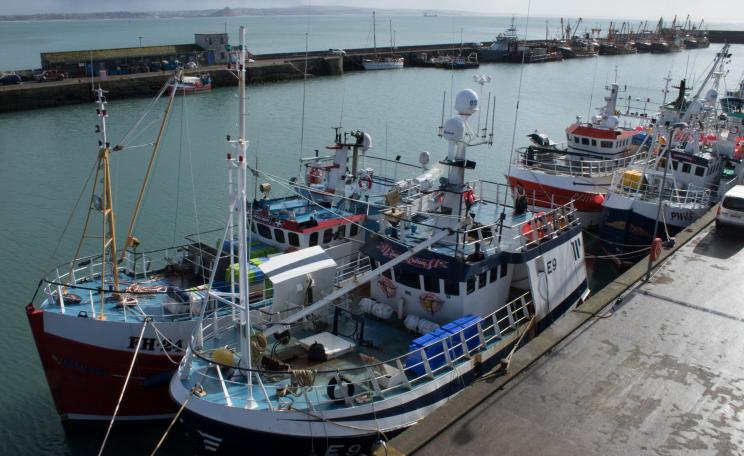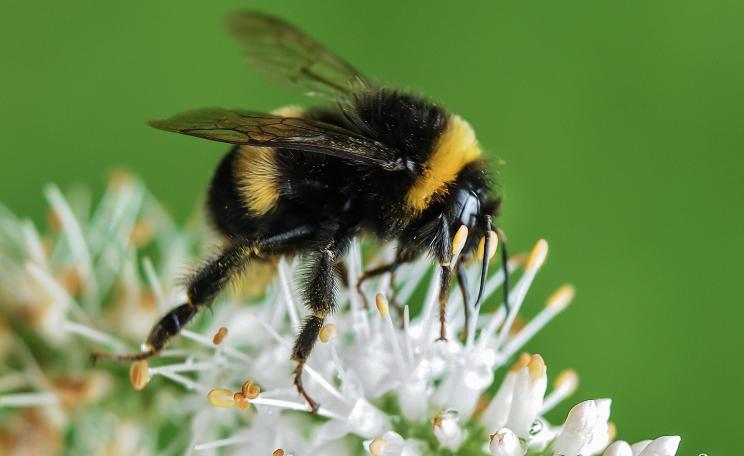It is a positive and impressive story, of a country walking the talk on sustainability and looking after its environment so as to achieve social and economic gains.
Malé, the capital of the Maldives, in some ways feels like a city under siege. This little urban outpost, set in the vast expanse of the Indian Ocean, is not at threat from some invading army, however, but the ocean.
As the climate warms, so the sea level rises, posing an existential threat not only to this city but the entire country, one of the most low-lying in the world.
Participants at the Slow Life Symposium taking place last week on the Maldivian island of Soneva Fushi found out how this is not the only major ecological challenge facing The Maldives.
Up there with climate change are the pressing matters of how best to conserve the country's outstanding marine wildlife and its rich fish stocks. The health of both is vital for The Maldives' future, underpinning the nation's two biggest economic sectors: tourism and fishing.
Fishing is especially important for a country comprised of tiny islands scattered across a patch of ocean running 600 miles from north to south. The Maldivian population of about 340,000 people is spread over about 180 inhabited islands, many of which rely almost wholly on catching fish for local livelihoods.
Bold moves to sustainable care of fisheries and ocean
It was this fundamental dependence on the seas that some years ago led the Maldives to embark on a programme to conserve its fish stocks. Fisheries Minister Mohamed Shainee explained to me how many of his country's citizens rely on fishing to make a living:
"Each island has a few vessels which contribute to the local economy and peoples' livelihoods. About seventeen families depend upon each boat."
To make sure that these livelihoods continue The Maldives introduced pole and line fishing and a ban on nets, the government also made it mandatory for all fishing boats to be equipped with vessel locating devices that enable close monitoring of their activities.
Areas of sea have been protected, including in the 1,740 sq.km Baa Atoll Biosphere Reserve and certain damaging practices prohibited, including the 2011 ban on shark fishing.
It is a positive and impressive story, of a country walking the talk on sustainability and looking after its environment so as to achieve social and economic gains.
While all these investments in healthier oceans will of course bring long-term development benefits, in the short-term they cost money. That is why for the policy to continue and to enjoy the support of the fishermen there needs to be economic reward, including through money earned from the catch.
This is especially important when Maldivian fishermen see other countries with lower standards, such as Sri Lanka (which have not incurred the costs they have) undercutting them in many of their markets.
It is a positive and impressive story, of a country walking the talk on sustainability and looking after its environment so as to achieve social and economic gains.
"How can we sustain this?" asks Maldives' Fisheries Minister Shainee. "We ask our fishermen to bear these costs but other countries are not doing that."
So the EU slaps a 20% levy on Maldives fish
According to the Minister this competitive pressure is a big problem and after addressing the Symposium he explained to me how the situation recently became a whole lot worse. It happened when, in January 2014, the European Union slapped a 20% levy on fish imported from the Maldives.
The reason was because the tiny Indian Ocean nation had failed to meet a full list of tests set by the EU, that if they had been met would have secured more preferential trading relations. This is having a huge impact as the EU is the Maldives' biggest trading partner, taking 40% of its $100m fish exports.
While you might be thinking that these conditions must have related to fishing standards or environmental stewardship, you'd be wrong. The conditions that weren't met related to human rights, and specifically lack of religious freedom, and (so ministers insist) the country's failure to provide for same sex marriages.
It's true that religious freedoms are lacking in the Maldives, whose population is Sunni Muslim. The Constitution goes so far as to forbid the practice of any other religion. This is clearly deplorable and reforms are desperately needed. There are other problems too, for example with the lack of press freedom.
But where I take issue is in the EU's decision to attack the Maldives' enviably sustainable fisheries to make the point, rather than pursue negotiation and dialogue with the country's Human Rights Commission to tackle these very real failures.
And if that doesn't work other measures could be devised that would target those responsible - and avoid harm to the country's ordinary people whose livelihoods depend on fishing.
Let the EU practice what it preaches
The Maldivian Government finds itself on the receiving end of trade policies that are hitting a sector vital for its economy. That sector has been carefully changed over time, at some considerable cost, to deliver sustainable outcomes that should tick all of the EU's environment and development boxes.
Ministers in the Maldivian Government express bafflement. They ask if it is really the case that the EU wishes to prioritize same sex marriage over the sustainability of fishing, a sector of vital importance to this country? As Shainee said to me,
"Europe has a market for sustainable fish, but producing for that market comes with a price, to do the assessments and to enforce the rules we've introduced. We are one of the few nations in the world with the tools in place to manage our fisheries sustainably."
He added how "The fishing sector is all the more sustainable because we have removed subsidies". The Minister then reflected on another irony, and the extent to which the EU talks a good talk on sustainable fishing, but fails to practice what it preaches.
Shinee's focus on same sex marriage as the core human rights issue of concern to the EU may be a trifle disingenuous - but his outrage at the unfair treatment his country is receiving is both genuine, and justified.
EU subsidises fuel for its own fishing boats in the Indian Ocean
For example, European vessels fish across the Indian Ocean, often targeting stocks just outside the Maldives 'exclusive economic area' that migrate in and out of Maldivian waters. They do this on the back of financial subsidies from the EU, including on the fuel that makes it possible for them to get there.
"We have shown our leadership to make sustainability practical but received no recognition", he says. "We are a small nation with small resources and it is very difficult for me to continue with this journey with no reward."
Having worked for years myself to make the case for more rational fishing policies this strikes me as a tragic situation. If there is any logic in the EU's policy toward this little country there needs to be an immediate exemption in relation to the levies presently being applied to its fish exports.
It is bad enough that the EU produces much of the climate-changing pollution that threatens to wipe The Maldives from the map. But to discourage efforts for the sustainable management of its key natural resource only adds more injury to the insult.
Tony Juniper participated in Slow Life Symposium taking at Soneva Fushi, Maldives, earlier this month. He is a campaigner, writer, sustainability advisor and leading British environmentalist. For more than 25 years he has worked for change toward a more sustainable society at local, national and international levels.
Website: tonyjuniper.com.







